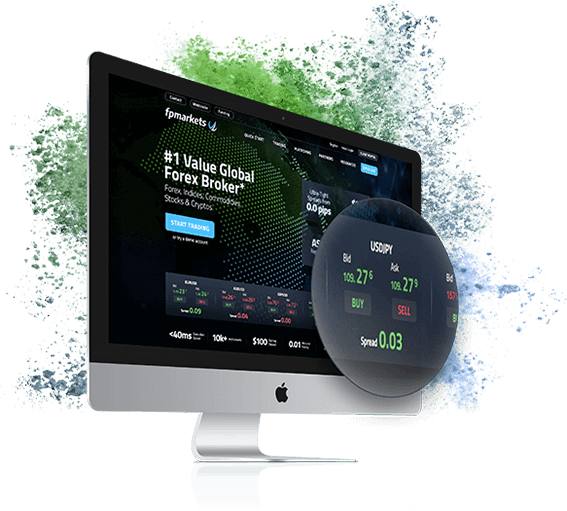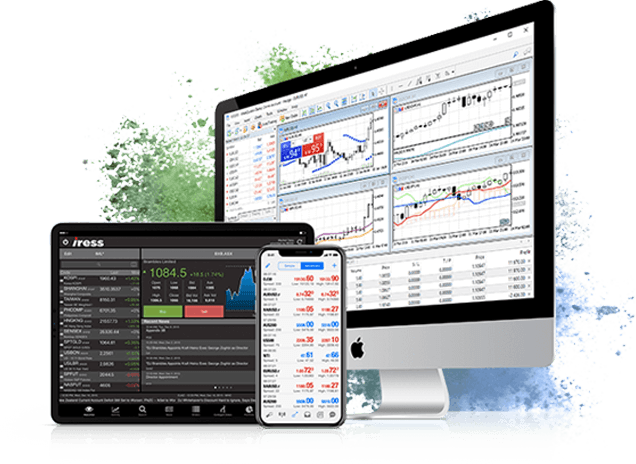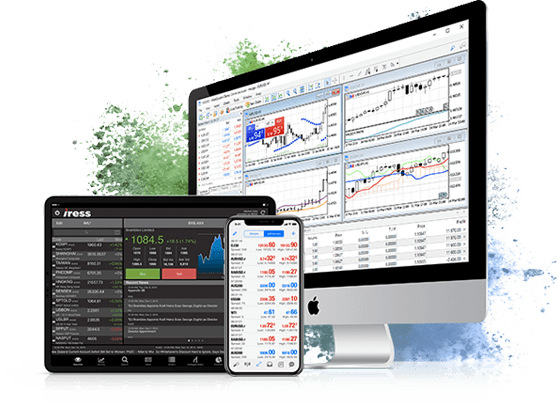Forex trading is regulated by several bodies including the FCA, ASIC, CySec, and FSA.
Regulated brokers are monitored heavily and expected to follow rigorous operating
guidelines. If you trade with a regulated broker, you know that your investment is
safeguarded. This way you know that if you put in the work and set realistic goals, you
can
succeed in trading without having to worry about scams.
There is no one location where currencies are traded and so the forex market is deemed
not to
be centralised. Consequently, the market is very transparent and any person who wants to
invest in it can. Getting started with trading comes down to owning a computer, having
internet access and being able to analyse real-time data and check the latest news.
Forex trading rarely involves any exchange fees and commissions. Most forex brokers
provide
commission-free trading, only requiring traders to pay the spread (the difference
between
the bid and ask price of a currency pair).
Additionally, most forex brokers are now offering ultra-tight spreads with some going as
low
as 0.0 pips. This makes the cost of forex trading extremely low, especially compared to
trading other financial instruments like stocks where traders are required to pay both a
commission and the spread.











 Access 10,000+ financial instruments
Access 10,000+ financial instruments